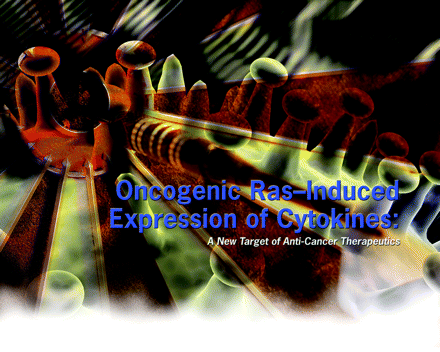Oncogenic Ras–Induced Expression of Cytokines: A New Target of Anti-Cancer Therapeutics
Abstract
The Ras family of small guanosine triphosphatases normally transmit signals from cell surface receptors to the interior of the cell. Stimulation of cell surface receptors leads to the activation of guanine exchange factors, which, in turn, convert Ras from an inactive GDP-bound state to an active GTP-bound state. However, in one third of human cancers, RAS is mutated and remains in the constitutively active GTP-bound state. In this oncogenic state, RAS activates a constellation of signaling that is known to promote tumorigenesis. One consequence of this oncogenic RAS signal in cancer cells is the upregulation of the cytokines interleukin (IL)-6, IL-8, and chemokine growth-regulated oncogene 1 (GRO-1). We review the evidence supporting a role for these cytokines in oncogenic RAS–driven solid tumors.

- © American Society for Pharmacology and Experimental Theraputics 2008



